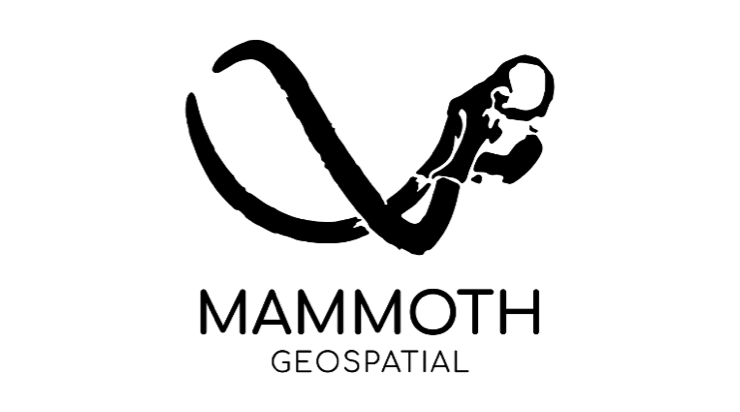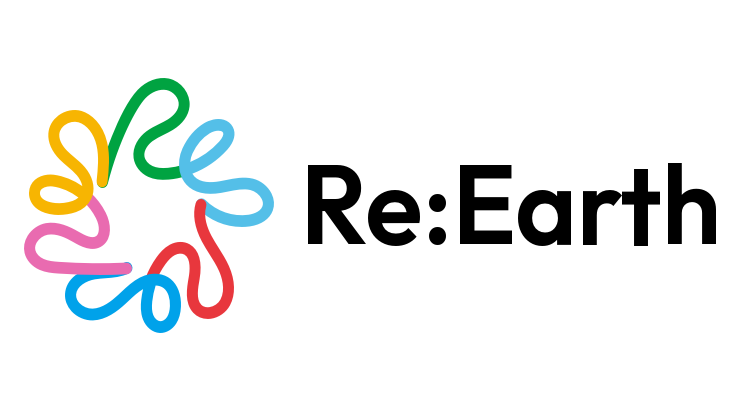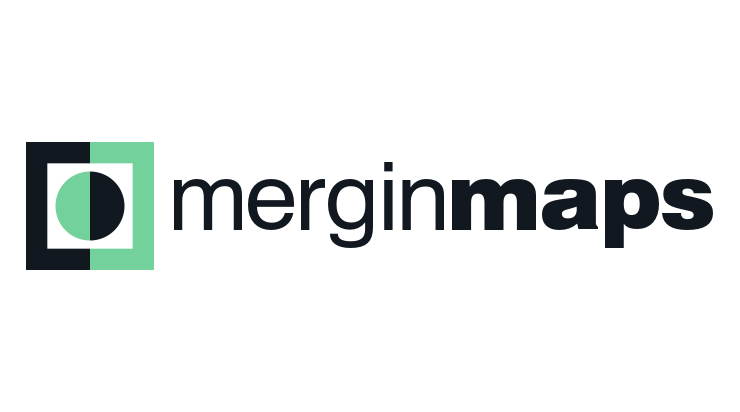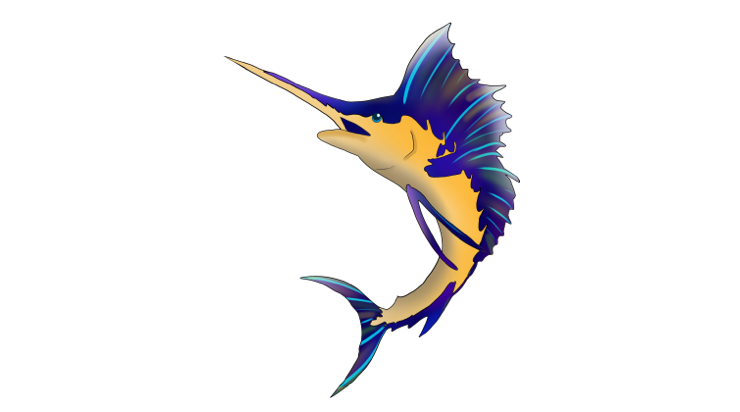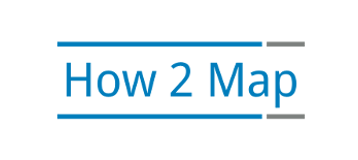After the successful wrap-up of GSoC 2022, with 6 (out of 7) projects successfully completed and the contributors presenting their work in FOSS4G 2022, we are ready for GSoC 2023 [1] with OSGeo.
If you are a contributor interested in contributing to the geospatial open source with OSGeo as an umbrella organization, then this is high time to connect with the projects of your interest and interact with the project community.
GSoC 2023 comes with GSoC 2022’s structural changes, so we recommend you follow the official announcement (link [3] below) in detail. Citing below the significant changes for quick reference:
3. We are keeping the increased flexibility around the timing of projects similar to 2022. There is an option to extend the standard 12-week coding time frame to a maximum of 22 weeks, or to reduce it to 10 weeks, so the project length can be between 10-22 weeks, not a fixed 12 weeks for everyone. This is to allow folks who may realize that spreading the work over say, 16 weeks, is a more realistic goal with their current life situation. Or for contributors who have life happen in the middle of the program and they can’t work on their projects for a few weeks, but they can come back to it after a month to finish it. Similar to GSoC 2022, this would make it easier for GSoC Contributors and mentors to be able to navigate together when obstacles occur and the GSoC Contributor can successfully complete their project.
Also, we strongly suggest going through the following links to get an overall understanding of the program:
[1]. GSoC 2023 Timeline – https://developers.google.com/
[2]. GSoC Contributors/Student guide – https://google.github.io/
[3]. Official Announcement of GSoC 2023 on Google Open source Blog – https://opensource.googleblog.
[4]. OSGeo Project Ideas for GSoC 2023 – https://wiki.osgeo.org/wiki/
[5]. Link to FOSS4G 2021 video presentation explaining the entire process for contributing to OSGeo with GSoC – https://youtu.be/Flr1tcrcAvE
Please note that this is a heads-up for the contributors to get started with the interaction, and the official process will commence post OSGeo’s acceptance (not application) as an organization to the GSoC (Org. application starts – Jan 23rd, 2023; List of accepted mentoring organizations published – Feb 22nd, 2023).
PS: A call for project proposals to the OSGeo projects, community projects, and guest projects with instructions on preparing the project ideas page has been already announced (https://lists.osgeo.org/

